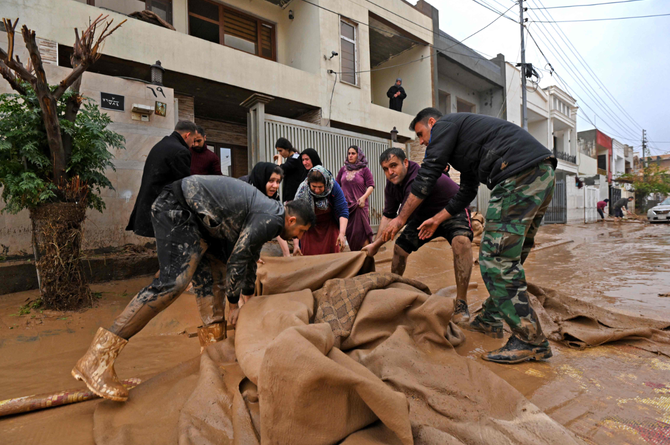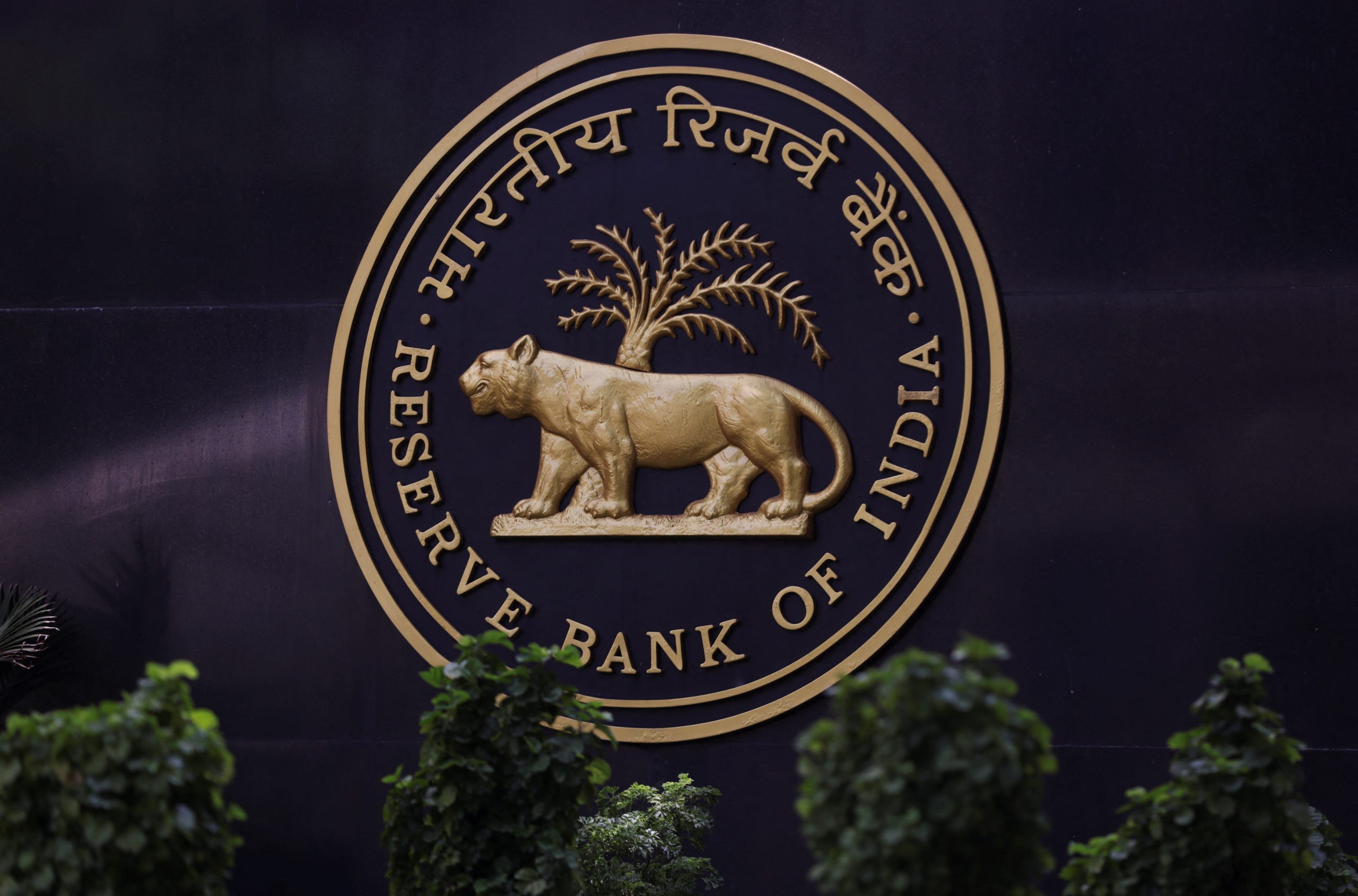Iraqi Kurdistan floods kill at least 12, including 2 Filipinos
Irbil/ Iraq (AFP) – Twelve people including three foreigners died Friday in flash floods which swept through northern Iraq after torrential rains in Irbil, capital of the autonomous Kurdistan region, an official said.
In a country dealing with severe drought, many were caught by surprise as powerful storm waters started surging into their homes in the city’s eastern suburbs before dawn.
Provincial governor Omid Khoshnaw said a 10-month-old baby, a Turk and two Filipino nationals were among the 12 people killed.
“The floods started at 4 am (0100 GMT) and there were women and children among the victims,” Khoshnaw told AFP.
Four members of the emergency services were injured when their vehicle was swept away.
Emergency services spokesperson Sarkawt Karach said one of the dead had been struck by lightning while the others had been drowned inside their homes.
He said there had been widespread damage and some families had been forced to abandon their homes.
Buses, trucks and tanker trucks were washed away by the storm waters, with some flipped over or turned onto their side.
Khoshnaw called on residents to stay at home unless necessary, warning that further rain was expected with fears of more floods.
“The security forces are on alert, as are medical and emergency service teams and local councils around the region,” he said.
Iraq has been hit by a succession of extreme weather events.
It has endured blistering temperatures and repeated droughts in recent years, but has also experienced intense floods — made worse when torrential rain falls on sun-baked earth.
Hard ground and vegetation loss means the earth does not absorb water as quickly, and when storms hit they can become flash floods.
Scientists say climate change amplifies extreme weather, including droughts as well as the potential for the increased intensity of rain storms.
Experts have warned that record low rainfall, compounded by climate change, are threatening social and economic disaster in war-scarred Iraq.
The effects of low rainfall have been exacerbated by falling water levels on the Tigris and Euphrates rivers as a result of dam-building in neighboring Turkey and Iran, Samah Hadid, of the Norwegian Refugee Council (NRC), has said.
The severity of the drought has forced many farming families to leave their land and seek a living in urban areas.
In a study released Thursday, the NRC said half of the families living in drought-affected areas of Iraq need food aid.
That followed a warning in November from the World Bank which said Iraq could suffer a 20-percent drop in water resources by 2050 due to climate change.



